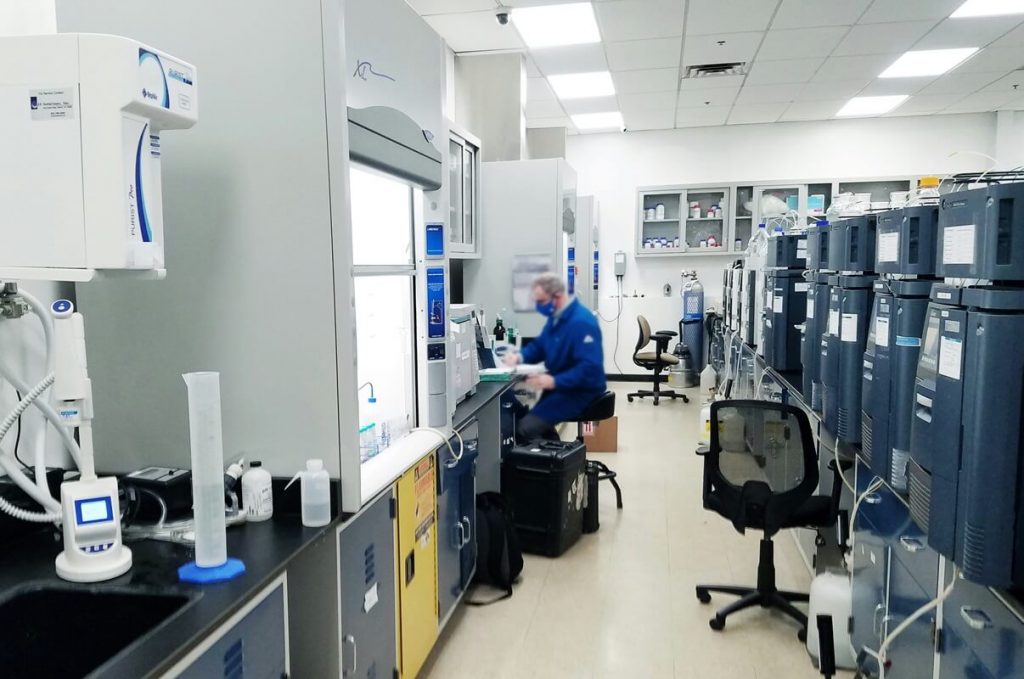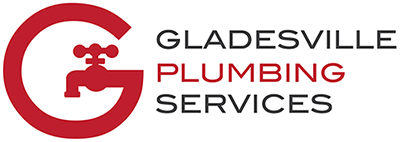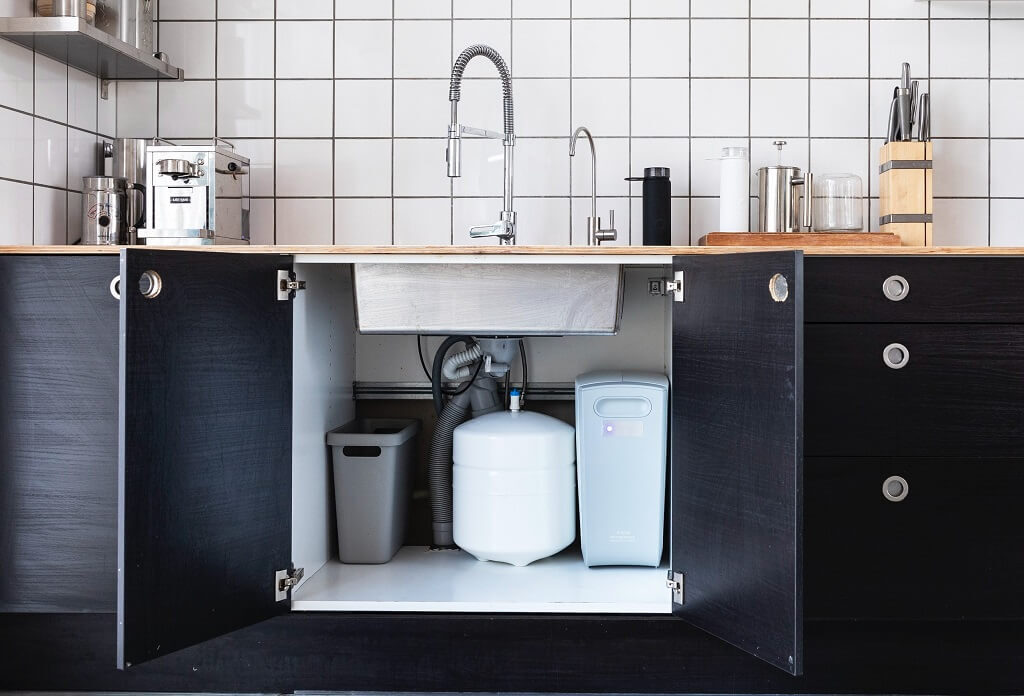By Joe Rantino

The recent news about PFAs in drinking water has me a little concerned about the fall out I’ve been seeing online. Everyone who ever had a water filter business is trying very hard to sell you their wares. I’ve clicked on a few of these adverts and have been shocked to find that they’re low-rated water filters that don’t actually remove PFAs and were never designed for that purpose! I write this not to sell you water filters but to explain the issues around the latest news items and the differences between rated water filters. I’ve been fitting these things for over twenty years, and I can tell you not all water filters are created equal.
Is PFAs in the Water a New Thing?
The truth is you are consuming PFAs every day – this is not news! PFAs are everywhere and Australians are amongst the highest consumers of PFAs in the world. Remember the hubbub about Teflon and Scotchgard back in the 1990s? That was PFA related. They’re in everything from firefighting foam to nail polish. The fact that higher than expected levels of PFAs have been found in some water samples across New South Wales hit the news recently, and that’s why you’re suddenly seeing water filter unit ads all over your socials and searches.
PFAs Are 14000 Manmade Chemicals Dubbed ‘Forever Chemicals’
Perfluoroalkyl and polyfluoroalkyl substances, also known as PFAs, don’t degrade in the environment much. So, they’re dubbed ‘forever’ chemicals. The levels of some PFAs in our global environment have already exceeded the scientific community’s ‘global safe maximum’ and are still rising. Australia’s environment, and your home, is littered with PFAs and you likely come into contact with them every single day.
Drinking PFAs Is a Bigger Problem Because You Can’t Easily ‘Discharge’ Them
Their chemical make-up means they’re very difficult for the human body to excrete or, to put it another way, ‘pee out.’ So, the concern is that these forever chemicals are building up in your organs and putting you at risk of hormonal problems, immune suppression, and testicular, prostate, liver, and kidney cancer. Pregnant women are most at risk as they can impact pregnancy related hypertension (a pre-curser for pre-eclampsia), low birth weight, fetal developmental issues, fetal bone disorders and even accelerated puberty in the child.
Is It a Storm in a (Contaminated) Teacup?
Yes, and no. Our piped drinking water is heavily regulated, and our standards are extremely ‘developed world.’ Probably a little ‘too developed world’ if truth be told. Australia’s piped drinking water is among the ‘safest in the world’ in terms of microbial contamination. You are unlikely to ingest those ‘Bali Belly bugs’ that you find in other countries. But the cost is chemical contamination, including, but far from limited to PFAs. The Australian government is doing its best to keep the water safe, but ironically, it’s this safety that is causing some of the issues.
THMs and PFAs are Standard in Tap Water
There are a lot of things in your drinking water that are monitored by Australian Water Quality Standards. In addition to things like lead and microbials, Australia’s water is constantly criticised for its permissible levels (significantly higher than European, Canadian and US recommended levels) of PFAs and Trihalomethanes (THMs). Ironically, THMs are the chemical biproduct of the chlorine used to ‘keep our water safe.’ So, there’s a lot going on that needs monitoring down in your pipes.

Safety is Measured in µg
Remember when they put letters and symbols into maths at school and you started hating maths? Me too. Maths sucks. So, here’s my best explanation of the maths used to work out what is ‘safe.’ The symbol µg represents one millionth of a gram. In this case, it refers to the density of contaminated particles in your water supply. So, µg/l is the amount of a toxin per litre that is deemed safe. Australian water has a higher number here than most of the world, classifying higher levels as safe where our European, Canadian, and American cousins demand lower levels.
How Much of It Is Conspiracy Theories?
In an age when everyone is pushing an agenda, when everyone is trying to ‘sell you something’ (be it a product or an ideal) how much of the news about water contamination is paranoia and hyperbole? Probably some, but the red flag lies in the bladder. Urothelial carcinoma, squamous cell carcinoma and adenocarcinoma are the most common cancers of the bladder and chemical exposure is the leading risk factor. Compared to prostate and breast, cancers of the bladder are relatively rare. However, bladder cancers are on the rise and they’re the ONLY cancers where survival rates are falling, not rising. It’s an anomaly. A red flag. Correlation, causation, and all that aside, the fact is that there absolutely are ‘acceptable levels’ of THMs and PFAs in our water. Whether this concerns you or not, is your call!
Why Your Hardware Store Water Filter is Rubbish, Measured in µm
The symbol µm in this case, measures the size of each particle of the contaminant, and the pore size of a filter needed to ‘remove it.’ A µm is a micrometre – also known as a micron. It’s a millionth of a meter. So, you know, pretty small! Your hardware store water filter is likely rated NSF42 but check, it could be better or have subclasses or other specs. NSF42 rated water filters are designed to catch the bigger particles that cause clouding, bad smells, and tastes. The exact pore size varies from model to model, but 5-micron pore sizes are pretty common. That’s enough to get rid of rust, dust and other matter than can impact the smell, taste, and clarity of your water. OK. Sweet. But what about the lead, THMs and PFAs?
NSF53 Rated Filtration
You may know NSF53 water filters as activated charcoal filters. These have much smaller pore sizes and the charcoal acts like a chemical magnet, pulling chemicals and metals out of the water. These will generally remove more than 70% of PFAs (the bigger particles) and even higher levels of THMs from your water supply. It will also remove a fair percentage of microplastics. NSF53 activated charcoal filters are branded as the ‘gold standard for consumers to use at home.’ The truth is though that they’re not the gold standard of anything other than being a good balance of affordability, compact size, flow capacity (so it won’t cause your water to trickle out) and efficiency.
Fitting NSF53 Filters Is Not a DIY Plumbing Job
Note that these must be properly fitted. A poorly fitted NSF53 water filter means that gaps can develop between the filter unit and the casing, which 100% defeats the purpose. You might as well just throw it in the bin! If you can buy online and ‘screw it in’ at home, it’s extremely unlikely that it is going to do the job you’re hoping it will do. Since you can’t actually see the work it’s doing, now is not the time to trust a Facebook ad! Some Sydney plumbers like these too because they mark up the filter replacement costs by extortionate amounts. Note that Gladesville Plumbing does not. We offer a fair price and ‘set and forget’ filter replacement schedules.
NSF58 – Reverse Osmosis Filters
Not all Sydney plumbers will fit reverse osmosis filters. They’re a little more expensive and the units are slightly bigger – which tends to put some consumers off. They also take a skilled and experienced plumber to fit; it’s not a job for an apprentice or a handyman. These, however, are the actual gold standard of water filtration at home because they remove 99% of PFAs, THMs and just about everything else!
Reverse Osmosis Filtration 101
Reverse osmosis filtration works by forcing water through a series of ever finer membranes. The process captures everything bigger than 0.0005 microns. That’s, well…just about everything, including most VOCs; PFAs, BPAs, THMs, MTBE, Microplastics, Chlorine, Chloramines, mercury, pharmaceuticals, pesticides, herbicides, lead, cysts, bacteria, and most viruses. That’s why NSF58 reverse osmosis filters are the gold standard of home water filtration!
The Downside of Reverse Osmosis Filters
So, what are the downsides? A reverse osmosis filter is fitted to an individual tap and uses a pump and tank. This means that they’re bigger and will take up more area under your sink. Unfortunately, they can’t efficiently be installed at the point of entry (meaning that all taps in the house deliver osmosis filtered water) because it will slow your flow to a trickle and increase your energy costs. So, instead you’ll need to have a dedicated tap that you use for cooking and drinking. Usually, your kitchen tap. They’re also a little more expensive than activated charcoal filters and the quality of the system really matters, so there’s no such thing as “buying a cheap one” to reduce upfront costs.
Another thing you should take into consideration about reverse osmosis filters is that you 100% cannot fit it yourself. It’s a job for your trusted Sydney Plumber. (That’s us in case you were wondering!) But again, we are sharing this because this is vital information – it’s not a sales pitch!
Our Reverse Osmosis Systems
We provide two options when it comes to installing your reverse osmosis system: a four-stage or a five-stage system.
Four-Stage Reverse Osmosis System
In the four-stage system, water is forced through 4 different filtration processes to ensure full removal of contaminants and is delivered to a holding tank to ensure there’s always a steady flow of water on tap.
Five-Stage Reverse Osmosis System
The fifth, optional filtration stage is an Alka Hydrate Filter Cartridge. This changes the pH level of the drinking water which removes acidity for a better taste and re-adds natural minerals to your water supply, including calcium, magnesium, and potassium naturally.
What About the Higher Rated NSF Systems? Are They Worth It?
NSF rated water filtration systems go much higher but aren’t generally recommended for homes on an Australian water grid. They’re more suited to specialist filtration for things like mining runoff, bore and well water or for use in high volume commercial water filtration. It’s not just overkill, many of the systems are simply too complex to install on Sydney’s water grid.
So, to Filter or Not to Filter and If You Do, Which Filter?
My take on this is, as a plumber of 20+ years, who has been asked this question repeatedly…if you’re going to filter your water, at least get a NSF53 rated filtration unit and knock out most of the chemical contaminants. If you have concerns, and you have space, a reverse osmosis filtration system is more future proof. Whether your kitchen is a suitable candidate for this kind of water filter installation will depend on your space. Back in the day, we built everything out of asbestos, pumped lead from our exhaust pipes and gave pregnant women thalidomide. There’s always a disease on the rise with no clear explanation. There are always particles in our water supply we don’t fully understand. I chose reverse osmosis filtration for my family, what you choose for yours is up to you.



